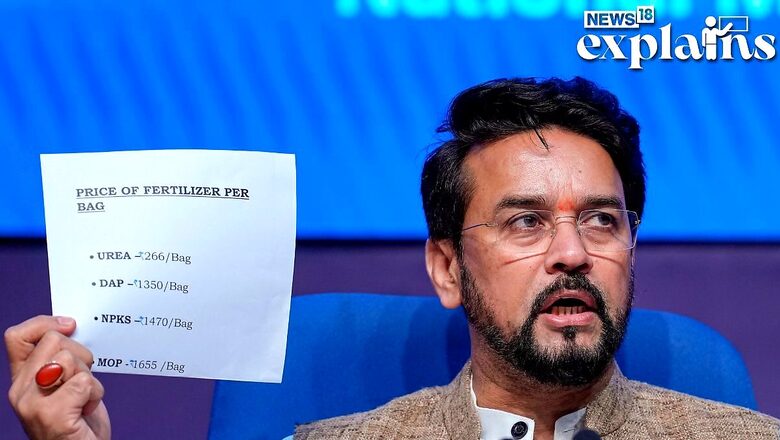
views
The Information and Broadcasting Ministry on Friday released the draft of the Broadcasting Services (Regulation) Bill, 2023, which aims to bring in a consolidated legal framework for the broadcasting sector and extend it to digital news, content and technological advancements in the sector in future.
“This pivotal legislation modernizes our broadcasting sector’s regulatory framework, replacing outdated Acts, Rules, and Guidelines with a unified, future-focused approach. It adapts to the dynamic world of OTT, Digital Media, DTH, IPTV, and more, promoting technological advancement and service evolution,” Union Minister Anurag Thakur posted on X (formerly Twitter).
Advancing the Honorable Prime Minister's vision for 'Ease of Doing Business' and 'Ease of Living,' we're proud to introduce the draft Broadcasting Services (Regulation) Bill. This pivotal legislation modernizes our broadcasting sector's regulatory framework, replacing outdated…
— Anurag Thakur (@ianuragthakur) November 10, 2023
The ministry has said it will invite feedback and comments on the draft Bill from stakeholders within 30 days from the date of its release.
Here are some of the features of the Broadcasting Services (Regulation) Bill, 2023:
- The draft Bill provides for a consolidated framework to regulate the broadcasting services in the country under a single framework and seeks to replace the existing Cable Television Networks (Regulation) Act, 1995 and other policy guidelines governing the broadcasting sector. The Cable Television Networks (Regulation) Act of 1995 has been in effect for three decades, serving as the primary legislation overseeing content on linear broadcasting, including cable networks.
- The Bill comprises six chapters, 48 sections and three schedules. As per reports, it not only extends the regulatory purview to encompass OTT content, digital news, and current affairs, but also keeps the option open for including any new platform developed in the future.
- The draft Bill introduces statutory penalties such as advisory, warning, censure, or monetary penalties, for operators and broadcasters. There is a provision for imprisonment and fines remains for series offenses.
- The Bill also includes provisions for infrastructure sharing among broadcasting network operators and carriage of platform services.
- With the digitization of the broadcasting sector, especially in cable TV, there is a growing need to streamline the regulatory framework. This involves ensuring ease of doing business and enhancing adherence to the Programme Code and Advertisement Code by the broadcasters and Distribution Platform Operators.
- It enhances self-regulation with the introduction of ‘Content evaluation committees’ and evolves the existing Inter-Departmental Committee into a more participative and broader ‘Broadcast Advisory Council’.
- The bill addresses the specific needs of persons with disabilities by providing for enabling provisions for issue of comprehensive accessibility guidelines.



















Comments
0 comment